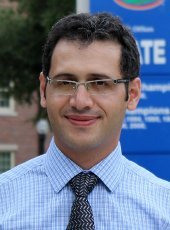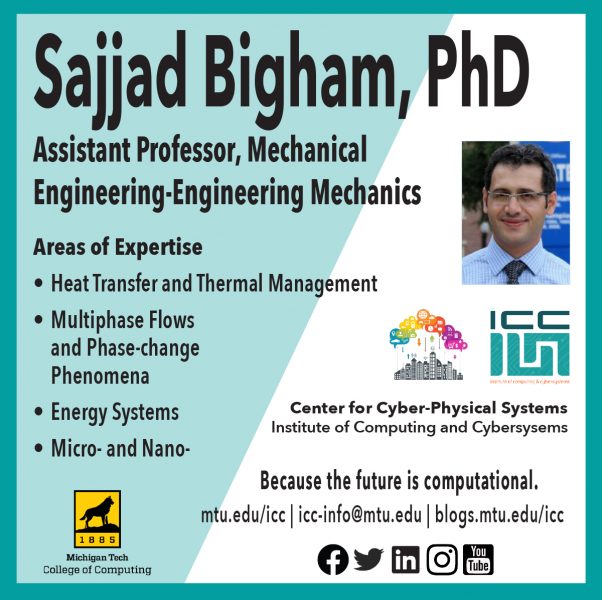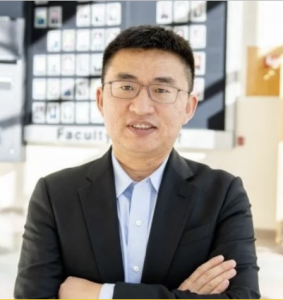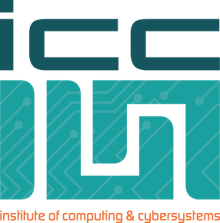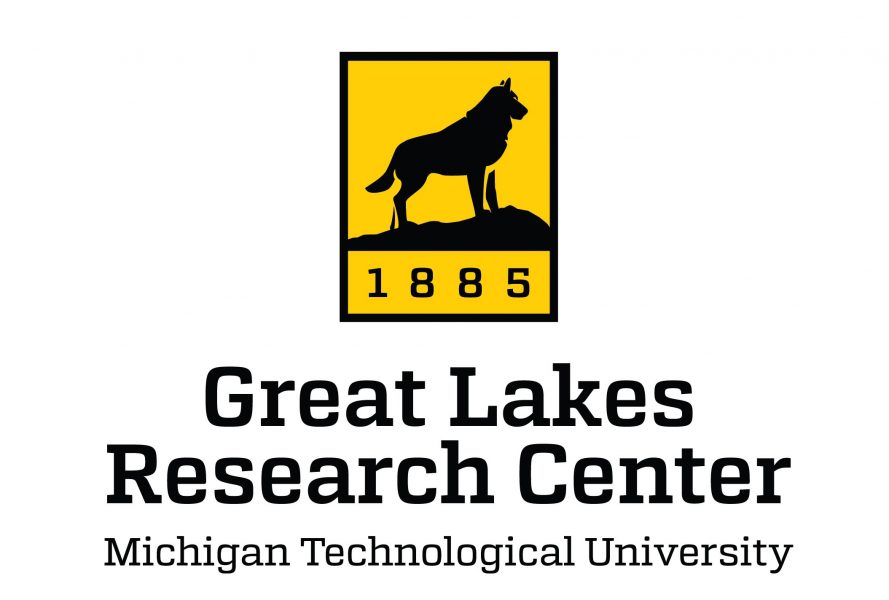Bo Chen, Computer Science, has been awarded a Fall 2020 REF Research Seed Grant (REF-RS) for his project, “Towards Secure and Reliable Decentralized Cloud Storage.” Funding for the 12-month, $25,800 award begins on January 1, 2021.

“This grant will provide significant help to advance my current research,” says Chen. “This is really exciting news for me.”
Bo Chen is a researcher with the ICC’s Cybersecurity and Computing Education research groups.
As a recipient of the REF seed grant, which is awarded by the Michigan Tech Office of the Vice President for Research, Chen will participate in review and feedback for the next round of REF proposals. View the full list of Fall 2020 REF award recipients here.
Abstract
A decentralized cloud storage system eliminates the need of dedicated computing infrastructures by allowing peers which have spare storage space to join the network and to provide storage service. Compared to the conventional centralized cloud storage system, it can bring significant benefits including cheaper storage cost, better fault tolerance, greater scalability, as well as more efficient data storing and retrieval, making it well fit the emerging Internet of things (IoT) applications.
While bringing immense benefits, the decentralized cloud storage system also raises significant security concerns, since the storage peers are much less reputable than the traditional data centers and may more likely misbehave.
This project thus aims to build a secure and reliable decentralized cloud storage system which can serve as the cloud infrastructure for future IoT applications. The project will actively investigate two fundamental security issues faced by the decentralized cloud storage system: 1) How can we prevent the malicious storage peers from stealing the data? 2) How can we ensure that once the data are stored into the system, they are always retrievable even if the storage peers misbehave?
To address the aforementioned issues in an untrusted p2p environment, the PI will integrate efficient integrity checking with the blockchain, as well as the broadly equipped secure hardware like Intel SGX. The PI will also broaden the educational impact of the proposed project by actively involving both graduate and undergraduate students from the MTU cybersecurity programs.

